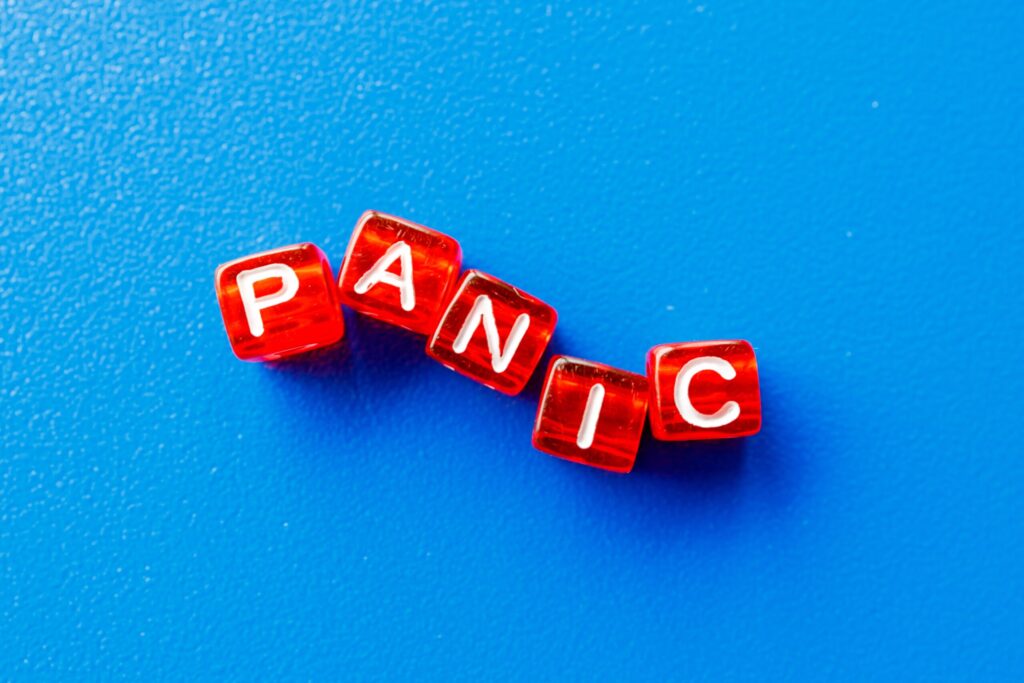As your child matures into a young adult, conversations around mental health will become more and more prevalent. Believe it or not, mental health issues can arise in children at a very young age. This is why it is always important to be educated and prepared as a parent as your child navigates their mental health. In this article, we will explore how to help children cope with panic attacks as a parent or caregiver.
Educate Yourself on Panic Attacks
The first thing you should do is educate yourself on what a panic attack is and how to identify it. Panic attacks are sudden episodes of intense fear and anxiety that can manifest in multiple different ways. Panic attacks can vary depending on the severity and emotional state of the child. Most of the time, there is no apparent cause for panic attacks, but certain situations can be identified as triggering patterns.
Commonly, you can identify a panic attack when your child demonstrates shortness of breath, erasing heartbeat, dizziness, crying uncontrollably, or even feeling as though they are going to pass out. This can be extremely scary for you as a parent or caregiver, which is why it is important to be educated and prepared.
Establish a Routine
If panic attacks become a regular occurrence for your child, be sure to establish a routine for when they happen. Identify coping mechanisms that work for the child so that you can sprint into action as soon as a panic attack occurs. Routine coping mechanisms can be things such as deep breathing, repeating a mantra, exiting a situation, or even medication in some cases.
Involve the School
If your child goes to school, it is important to alert the faculty and staff of your child’s panic disorder. This way, they will know what to expect and how to best support your child through this uncomfortable episode. By informing faculty and staff, they can also become strong resources and mentors for your child as they navigate coping with anxiety together.
Create a Safe Space
Create a safe space for your child to retreat to if they are feeling anxious. The best way to treat panic attacks is to prevent them from happening in the first place. Safe spaces can be bedrooms, hideaways, or even outdoor spaces that bring your child peace and calmness.
Validate Their Feelings
When a child is suffering from anxiety and panic disorder, validating their feelings can be one of the best ways to let them know you are there to support them. Those suffering from mental health disorders are oftentimes embarrassed and ashamed, causing symptoms to worsen. Encourage your child to talk about their feelings, progress, and what coping mechanisms work versus fail. Connecting your child with a professional such as a psychiatrist or therapist can also be a great way to help treat their symptoms and help them heal.
We hope this article helped you better understand how to help children cope with panic attacks, and what you can do as a parent or guardian to support their mental health journey. To speak with a professional and gain support, contact NeuroBehavioral Associates today.

